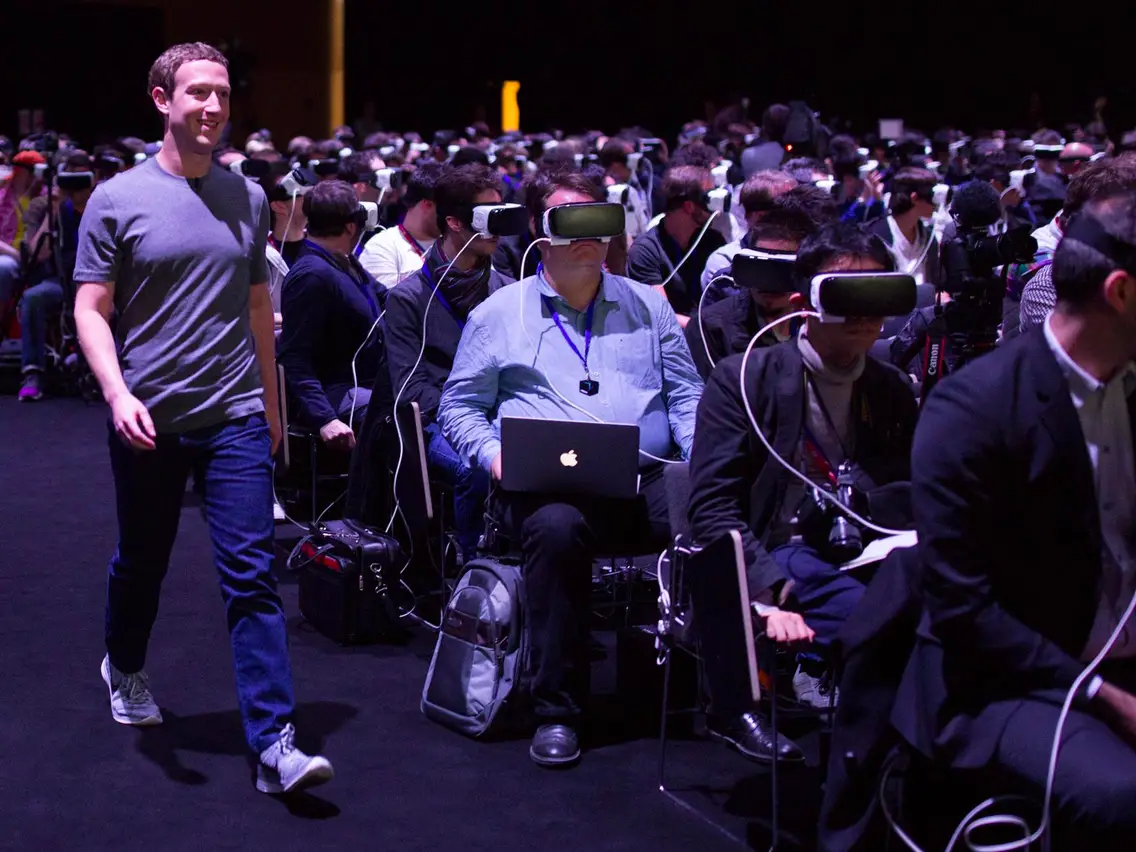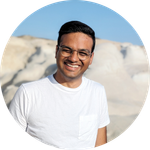A few weeks ago, I decided that it was time for me to completely delete my Facebook account. But, before I get into that, let me quickly dive into my personal history with Facebook.
The year was 2008, and Facebook was quickly overtaking MSN Messenger as the single way my friends wanted to stay connected. I mean, after all, MSN was just an IM client, whereas Facebook let you do that and so much more. I reluctantly joined, mostly because everyday after school I would log on to MSN and see fewer and fewer friends still using the old and slowly dying platform.
Fast-forward one year and I was in the thick of it. I was uploading photos and posting the most banal thought (in the third person might I add) because I didn’t want to miss out. I was experiencing FOMO without even knowing it because FOMO wasn’t even a thing then. Fast-forward two years, and I’m on all the platforms. Tumblr? Check. Twitter? Yup. Instagram? Absolutely. Snapchat? Yes, but this was short-lived. Anytime there was a lull in a conversation or I had to wait in line for something or was on a short break at work, I’d fire up the platforms and scroll through my feeds, aimlessly liking things that my friends had posted as a way to engage without really having to engage. It gave me that instant shot of dopamine to my system, and I was addicted.
And then, in the summer of 2016, I went on a 26 day-long road-trip across Canada with my girlfriend and best friend. The three of us made an unofficial agreement to disconnect, mostly because our coverage was going to be incredibly spotty. Those 26 days away from social media rewired my brain and how I thought about and viewed platforms like Facebook and Twitter. Before the trip, I was checking and updating myself frantically, and if I missed even a day, I felt absolutely out of the loop. But after the trip, my habits changed and I found it quite hard to get back into that rhythm. I began moving those apps off the home-screen on my phone into folders hidden elsewhere, and eventually, deleted them all together.
However, as much as I’d like to say that was why I deleted Facebook, I can’t. Truthfully, I used Facebook for another two and a half years, but in a different capacity. After a few days of purging my “Friends” list into something more manageable and into a more accurate reflection of who my actual friends were, I removed them all from the News Feed, instead replacing them with actual news sources. This worked for a short while, as Facebook’s algorithm would surface articles based on time and the number of people who viewed and shared it, but even with that, I began to lose interest quickly.
Really, it wasn’t until the 2016 U.S. elections did I really become aware of Facebook’s power and the scale to which it can not only influence us, but directly control us. Even then, I still kept my account, because I had this thought that to be a young, modern, professional, I needed to be socially active on all the platforms - even though I really wasn’t by then.
What really began the whole process were a few things. I was browsing YouTube one evening and came across a dude by the name of Matt D’Avella. In this particular film of his, he discussed how he quit social media for 30 days and saw the biggest spike in his YouTube subscribers and Patreon donors ever. In another, he talked about ways he was able to reduce the amount of time spent using his devices. His whole approach to life is that of a minimalist, and it really got me thinking about how much digital clutter I’ve accumulated over the years.
Even then, I still wasn’t sure about deleting my Facebook account, but then I had a conversation with one of my closest friends. He’d mentioned that he’d been toying with the idea of deleting his account as well since the 2016 election, but the events from the last few months to a year really shook his confidence in Facebook. He wasn’t sure how he felt about handing all of his data over to an organization that was paying teens $25/month to spy on them via their smartphones. He wasn’t sure about how he felt with Facebook hiring a Republican PR firm to start a propaganda war against their biggest competitors to stifle online discussion of the fact that they were had by Cambridge Analytica. He wasn’t sure how he felt about Facebook attempting to spy on all Android device users, how they can track you across the web even if you don’t have a Facebook account. He wasn’t sure about the social experiments Facebook was conducting in attempting to manipulate the emotional state of its users. He wasn’t sure how he felt about the cover-up of a breach that exposed more than 30 million users, nor how they stored hundreds of millions of users passwords in plaintext, and finally, he wasn’t sure how he felt about the company being run by a CEO so completely out-of-touch with reality.
In 2018 alone, WIRED documented 21 massive scandals plaguing the company, and after talking about all of these extensively with my friend, I decided that I too would finally pull the plug.
While I previously went off Facebook for stretches at a time (my personal favourite being the slap-bet I had with another close friend of mine to see who could go the longest without logging back in. He lasted two weeks, and I won), this was the first time I actively thought about deleting it altogether. And not just for the privacy reasons, but also due to the addictive nature of these platforms and all the hassle that comes with them. Trevor Noah was raked over the coals and James Gunn was fired from his job as Guardians of the Galaxy director for old “edgy” posts of theirs, and whatever your opinion of those two may be, we can all agree that old posts of ours aren’t indicative of the growth we all experience over time as people. I don’t know what dumb things I may have posted in my youth. What I do know is that I don’t necessarily want them to be dragged up to the surface again.
The same friend who I discussed the deletion of Facebook with mentioned this slightly less than optimal experience he had a few days after deleting his account.
In a broader sense, these platforms have lasting negative effects on our health as well. They create unrealistic expectations about life, which then affects our sense of self-worth; puts us at an increased risk of depression and anxiety; makes us jealous, and most importantly, stops us from getting a good night’s sleep.
While I personally never felt many of those affects myself, I didn’t like how the platform had begun to slowly take over how I interacted with those around me. So I downloaded all of my available Facebook data (here’s how you can do it yourself), and set my account for permanent deletion. I immediately felt lighter, like a massive weight had been taken off, but it wasn’t without hiccups.
The same friend whom I had discussed the deletion of Facebook with revealed an interesting experience he had as a result of deleting his account earlier:
“A friend's birthday dinner at a restaurant was an event on Facebook, and I confirmed attendance. But, between confirming and the actual date, I deleted my account. I let them know I'm still coming but that I might not appear on the confirmed list because I got rid of it. A couple days before the event, the location changed and that was reflected on the event page, but I never got that update.”
Since I deleted my account, I’ve felt great. I may have had a few opportunities where I blindly reached for my phone and automatically went for the icon where Facebook used to be, but not once have I actively thought to myself, “I could really do with browsing through Facebook right now.” I had to ask myself the question, is Facebook providing me with a service that I absolutely need in my life, or am I still using the platform out of some misplaced social obligation? The answer was immediate and resounding - the downsides began to overwhelmingly outweigh any potential benefits that Facebook could have provided me.
I’ve spent a large portion of my life being connected online. I’ve shared posts, uploaded photos, and commented on many a thread. But, without Facebook in my life these past few weeks, I’ve already noticed a dramatic difference in my life. I’ve been in more frequent contact with my friends and shared things with them directly as opposed to a wall for everyone to see. I’ve read more and felt more relaxed as I now have more time for myself and my loved ones each day, and most importantly, I’ve been more present.
Oh, and I still have friends.



Member discussion: